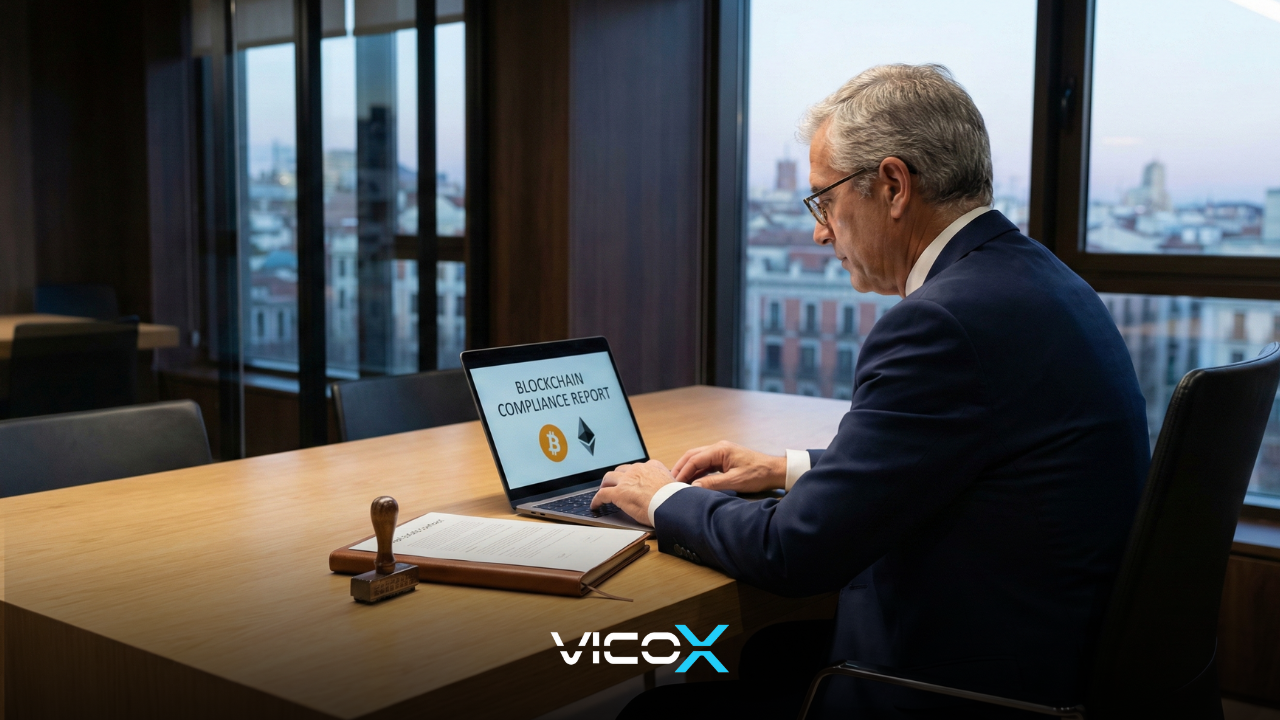Crypto is no longer the future — it’s the now. Every day, more individuals and businesses are turning to cryptocurrencies to pay, invest, and operate. If you’re running a business, accepting crypto payments not only positions you as a forward-thinker, but opens your doors to a global, tech-savvy, and fast-moving market.
But how do you do it legally and securely? In this guide, we’ll walk you through everything you need to know to start accepting crypto payments, with a strong focus on legal compliance, tax strategy, and real-world application.
Why Accept Crypto Payments in 2025?
Accepting crypto isn’t just trendy anymore — it’s strategic. Here are the top reasons why thousands of businesses are integrating crypto payments right now:
1. Reach a new kind of customer
Crypto users are highly engaged, digital-first, and globally minded. They are ready to spend — but not every business is ready to receive. By accepting crypto, you tap into a fast-growing community of loyal early adopters.
2. Lower transaction fees
Cryptocurrency payments bypass banks and intermediaries, meaning faster settlements and lower costs compared to traditional payment processors.
3. Enhanced transparency and security
Blockchain transactions are immutable and publicly verifiable, reducing fraud and disputes while increasing trust.
4. Brand innovation
Offering crypto payments sets your business apart. It sends a strong signal: you’re future-ready and technologically advanced.
Is It Legal to Accept Crypto in Spain (and Europe)?
Yes. Accepting crypto payments is 100% legal, as long as the transactions are properly recorded, invoiced, and taxed under current regulations.
Here’s what you need to know:
- You must issue invoices in euros, regardless of whether the payment is made in crypto.
- The euro value is calculated based on the exchange rate at the time of the transaction.
- Crypto is treated as a means of exchange, not legal tender.
- All income is reportable and taxable.
✅ At Vicox Legal, we help businesses structure crypto payment systems that comply with EU and Spanish tax laws, while staying practical and scalable.
Which Cryptocurrencies Should You Accept?
It depends on your audience and industry, but these are the most commonly used:
- Bitcoin (BTC) – the pioneer, widely accepted.
- Ethereum (ETH) – popular in tech and Web3 communities.
- USDT / USDC – stablecoins pegged to the U.S. dollar, great for minimizing volatility.
💡 You don’t have to accept every coin. A focused approach is easier to manage and account for.
How to Accept Crypto Payments: 3 Main Options
1. Use a crypto payment gateway
Platforms like CoinPayments, BitPay, NOWPayments, or BTCPay Server work just like Stripe or PayPal, but for crypto. Many even allow you to automatically convert to fiat, reducing exposure to volatility.
2. Receive payments directly to a business wallet
If you want to hold crypto as an asset, you can accept direct wallet-to-wallet transfers. This requires more internal controls and proper accounting but gives you full custody and lower fees.
3. Do it with legal support
This is key. The biggest mistake businesses make is implementing crypto payments without legal and tax planning. Even simple transactions need to be accounted for correctly to avoid fines, misreporting, or reputational risk.
What About Taxation?
Receiving crypto as payment is treated like regular income:
- You must declare the euro value of the transaction at the time it was made.
- If you hold the crypto and later sell it, capital gains (or losses) may apply.
- Your accounting must track wallet transactions, exchange rates, and receipts clearly.
📌 Vicox Legal provides crypto-savvy tax planning and setup for SMEs, freelancers, ecommerce stores, and Web3 startups.
What Type of Business Can Accept Crypto?
Basically, any type:
- Online shops: Add a crypto checkout button next to traditional gateways.
- Freelancers / consultants: Accept stablecoins for your services with proper invoicing.
- Brick-and-mortar stores: Display QR codes or use mobile apps to receive crypto on the spot.
No matter your sector — real estate, ecommerce, digital services, hospitality — crypto can be integrated seamlessly.
Do You Need a License to Accept Crypto?
If you’re just accepting crypto as a means of payment, and not acting as a custodian or exchange, you typically don’t need a special license.
However, you do need to maintain proper records, issue compliant invoices, and file taxes correctly.
We help you avoid the gray areas and set up a clean, compliant structure from the start.
Final Thoughts: Crypto Is the Future — If You Do It Right
Accepting crypto can unlock new customers, reduce payment friction, and set your business apart — but only if done strategically and legally.
At Vicox Legal, we specialize in helping businesses build solid, compliant crypto payment systems that protect your assets and reputation, while unlocking new opportunities.
🚀 Want to Accept Crypto in Your Business the Right Way?
We offer a FREE 15-minute 1-on-1 consultation to analyze your business model and show you exactly how to integrate crypto payments securely and legally.
Let’s make your business crypto-ready — the smart way.




